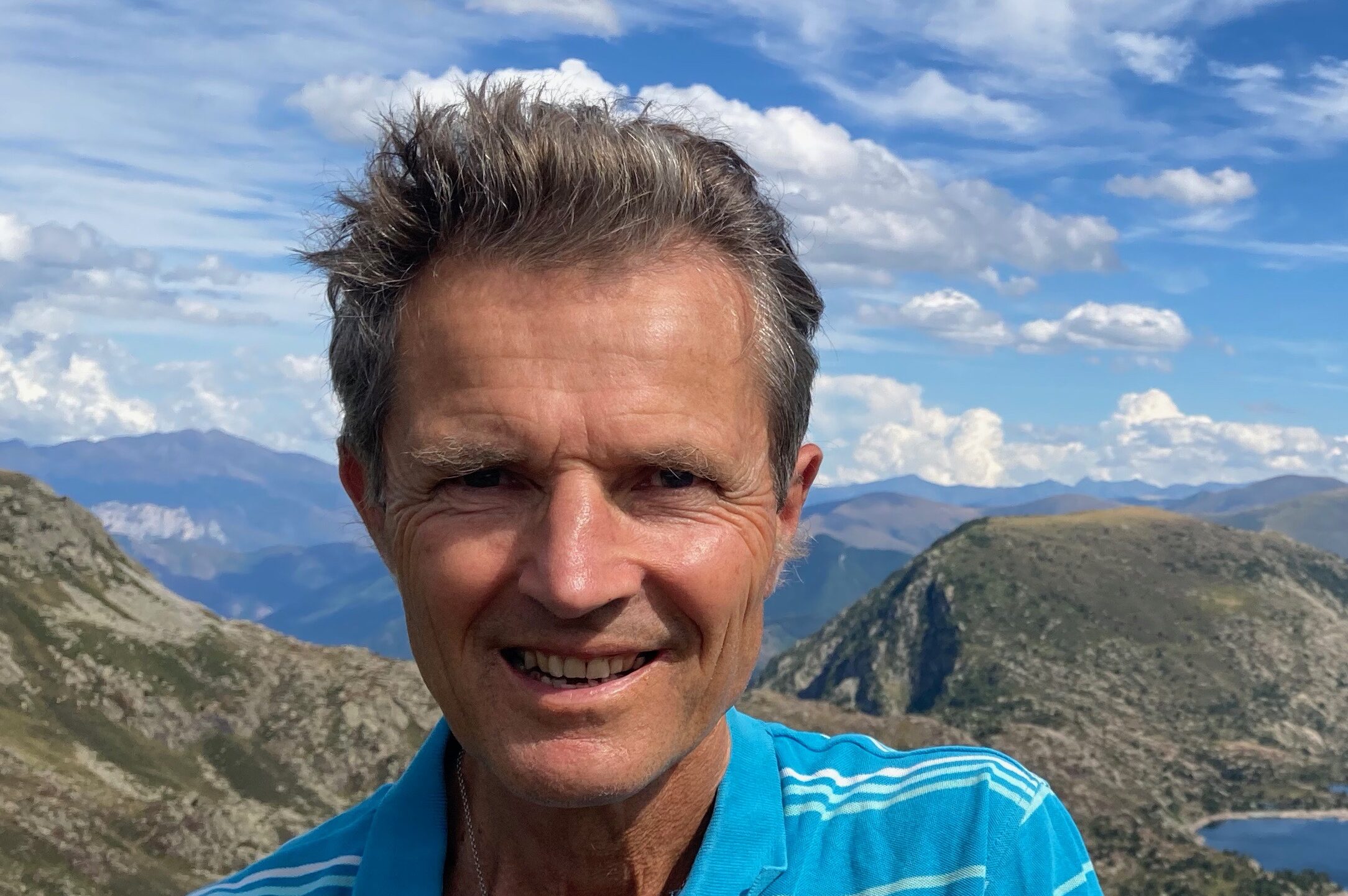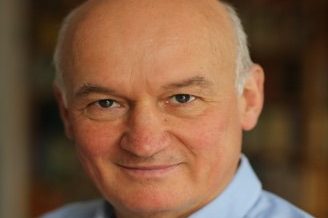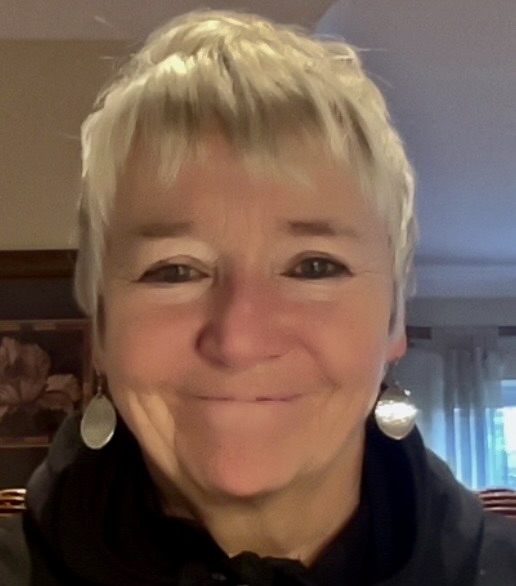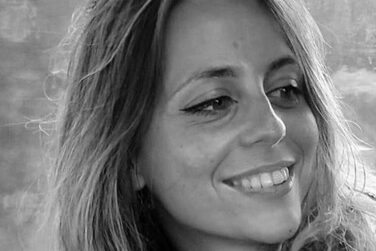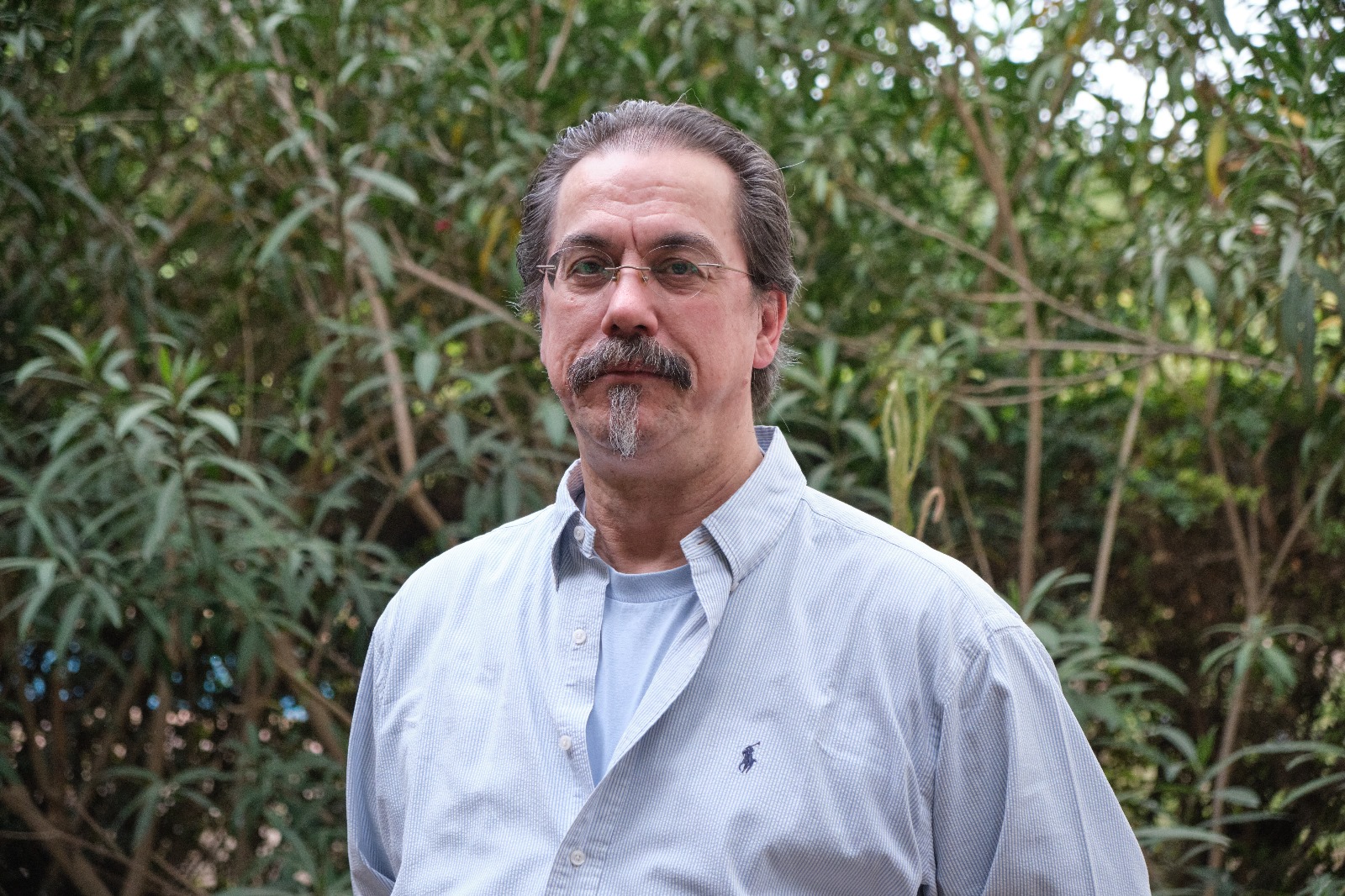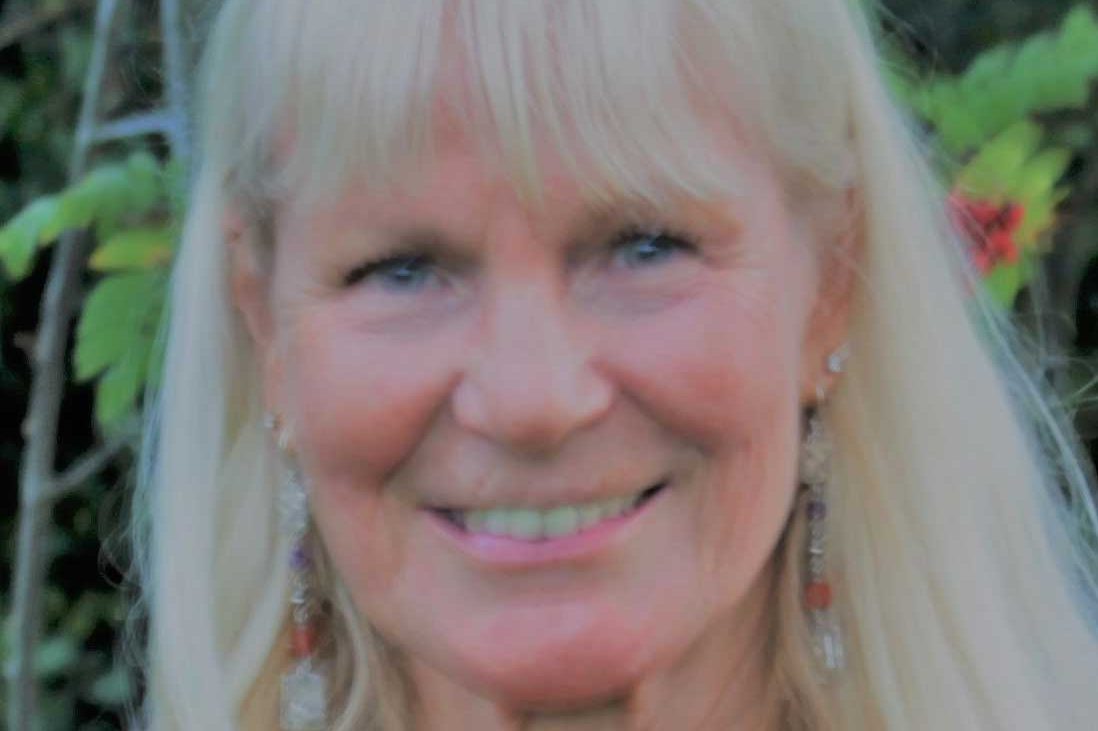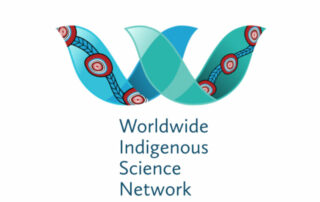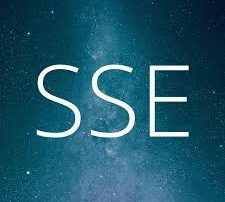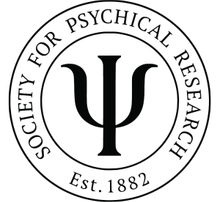About The Galileo Commission
The Galileo Commission is a project of the Scientific and Medical Network, led by David Lorimer, who chairs the Steering Committee.
David Lorimer MA, PGCE, FRSA
David Lorimer, MA, PGCE, FRSA is a visionary polymath, poet, spiritual activist, writer, lecturer and editor who is a Founder of Character
Harald Walach PhD
Professor Harald Walach is a researcher at the interface between medicine, psychology and consciousness studies. Currently he is affiliated as a professor with
Scientific and Medical Network
The Scientific and Medical Network is a worldwide professional community and membership organisation for open-minded, rigorous and evidence-based enquiry into themes bridging science,
Steering Committee
The people that help guide the direction of the Galileo Commission
The People and Organisations that Support our Mission
This is not an exhaustive list
Worldwide Indigenous Science Network (WISN)
The Worldwide Indigenous Science Network (WISN) was founded in 1989 as a result of meetings between indigenous women, elders and Western scientists. Today our membership includes tribal elders, scientists, conservationists, scholars and women’s organizations from cultures around the world. All share a common vision of rediscovering and applying ancient
Universite Interdisciplinaire de Paris
L’Université Interdisciplinaire de Paris (UIP) a pour objectif de diffuser et confronter les savoirs, à partir de l’étude des paradigmes scientifiques contemporains – principalement dans les domaines de l’astrophysique, de la physique quantique, des théories de l’Evolution, des neurosciences et de philosophies de l’esprit. L’UIP entend aussi contribuer à
Ubiquity University
Ubiquity University is a global university designed for social impact. Ubiquity is a whole new kind of education for a whole new kind of world. Our founding purpose is to develop learning experiences grounded in the world’s wisdom traditions blended with the practical interpersonal and entrepreneurial skills you need
The Study Society
The Society promotes moral and spiritual welfare by encouraging individuals to pursue a journey towards Self-realisation — realisation of their full potential — through experience of the true nature of Consciousness and its deep level of stillness, truth and love. The Society works to preserve, understand and develop the
The Society for Scientific Exploration
Since 1982, the Society for Scientific Exploration (SSE) has provided a critical forum for sharing original research into conventional and unconventional topics. Subjects often cross mainstream boundaries, yet may have profound implications for human knowledge and technology. We publish a peer-reviewed journal and the popular EdgeScience magazine, host conferences,
The Society for Psychical Research
The Society for Psychical Research was set up in London in 1882, the first scientific organisation ever to examine claims of psychic and paranormal phenomena. We hold no corporate view about their existence or meaning; rather, our purpose is to gather information and foster understanding through research and education.

